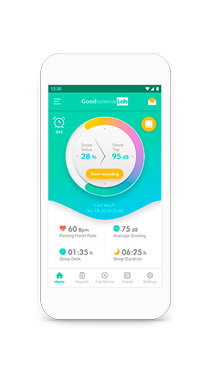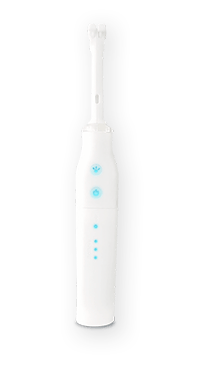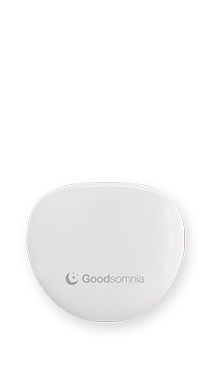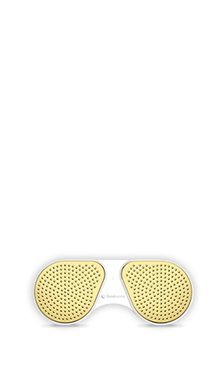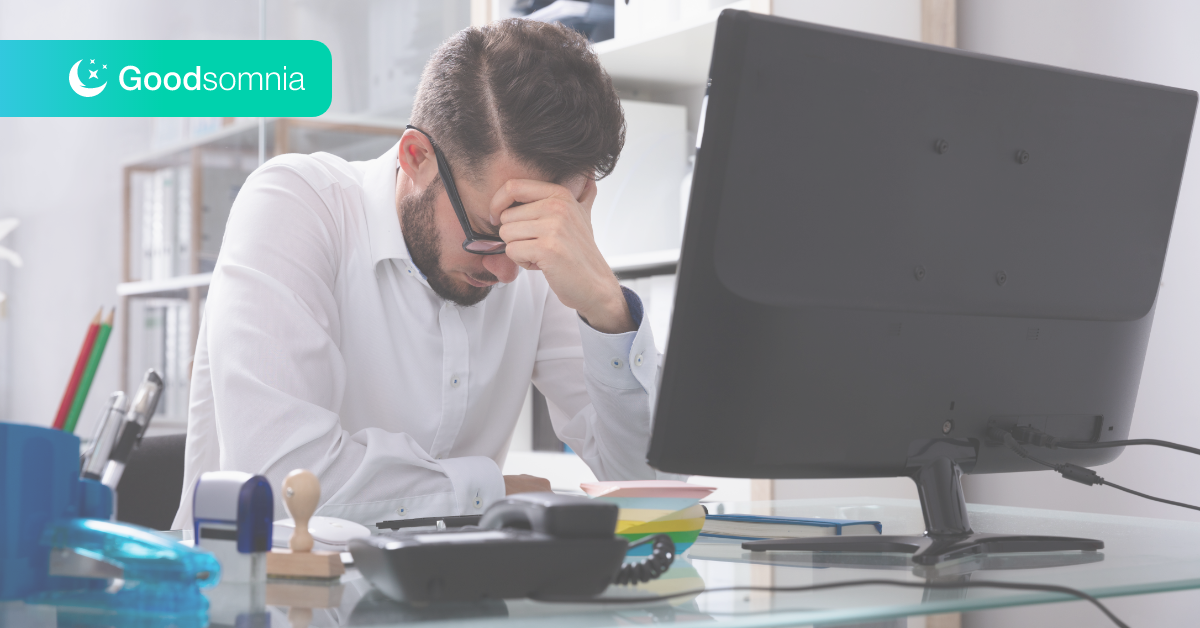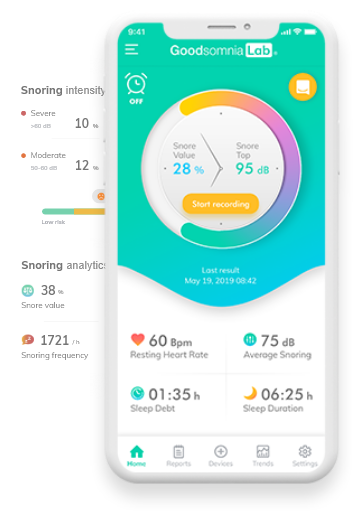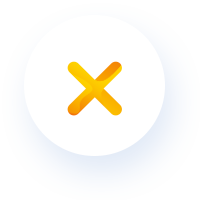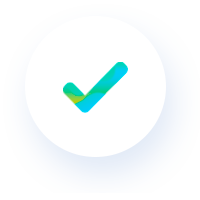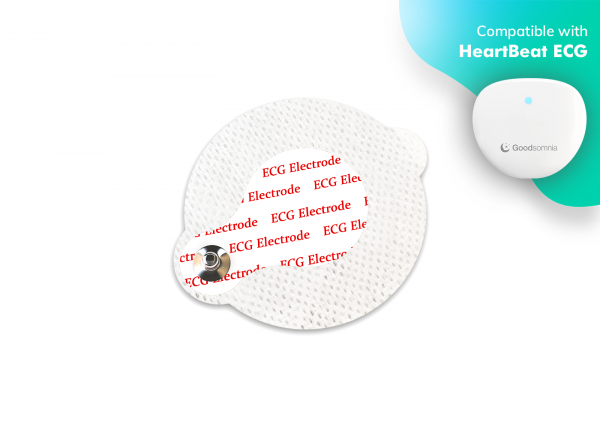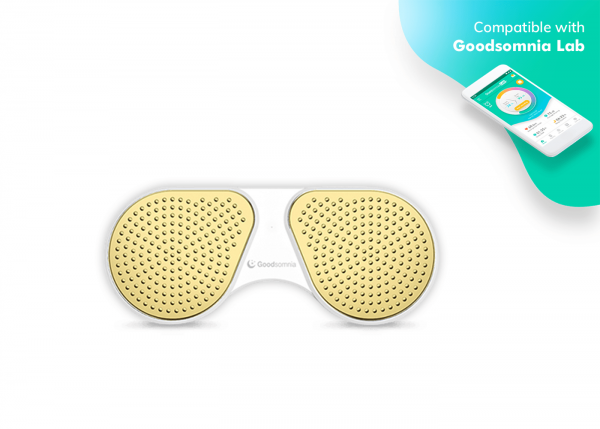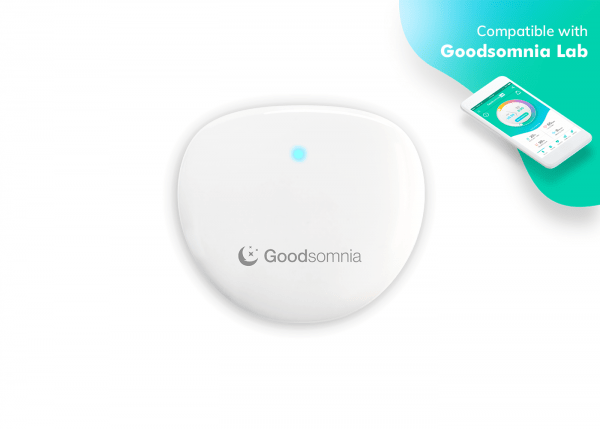Over 100 million people suffer from sleep apnea, but the disease is still under-diagnosed. The key factor here is to be aware do you have sleep apnea or not. Let’s find out together how can you have sleep apnea and not snore, how to diagnose it with the help of a specialist and on your own.
Do I have apnea?
Good news, you don’t need to guess, predict or read tarot cards to get to know do I have sleep apnea. OSA is a sleep disorder that has clear signs. There are two ways to find out have I got sleep apnea:
Pay attention to yourself. Notice whether you snore, what’s the quality of your sleep, dry mouth in the morning, difficulties in concentrating, memorizing.
Visit your doctor regularly. No-one knows the answer to your question better “Do I have apnea?” than a specialist. All symptoms that may be invisible to you, like high blood pressure, cardiac arrhythmia, stroke are clear to the doctor.
Can I have sleep apnea without snoring?
Though not everyone who snores necessarily has sleep apnea, most people who have apnea snore. So, can you have sleep apnea without snoring? No, you can’t.
You may wonder why I can’t avoid snoring while I have sleep apnea. The thing is OSA is a condition where the upper passages of your airway are partly blocked or closed off. Basically, your breathing is interrupted and your brain gives signals to get oxygen. Usually, we start to breath deeper to satisfy this need, this is where snoring comes, we may wake up to start breathing normally again.
How to know if you have sleep apnea
The easiest way to get to know do I have sleep apnea, is by taking a test, also known as polysomnography (sleep study or sleep test), by staying in hospital overnight. During the test a machine records your brain waves, level of oxygen in your blood, heart rate, way of breathing as well as eye and leg movements.
A second option demands more effort and self-control but the result is prolonged. The best answer to “Do I have sleep apnea?” is to stay on top of your sleep.
Using the Goodsomnia Lab app may help as it records every sound of your sleep, analyzes it and gives statistics in the morning. You get information whether you snore, its intensity, volume, and frequency. It’s like a pocket doctor that you can refer to while visiting a specialist and can be a huge help to diagnosis correctly.

